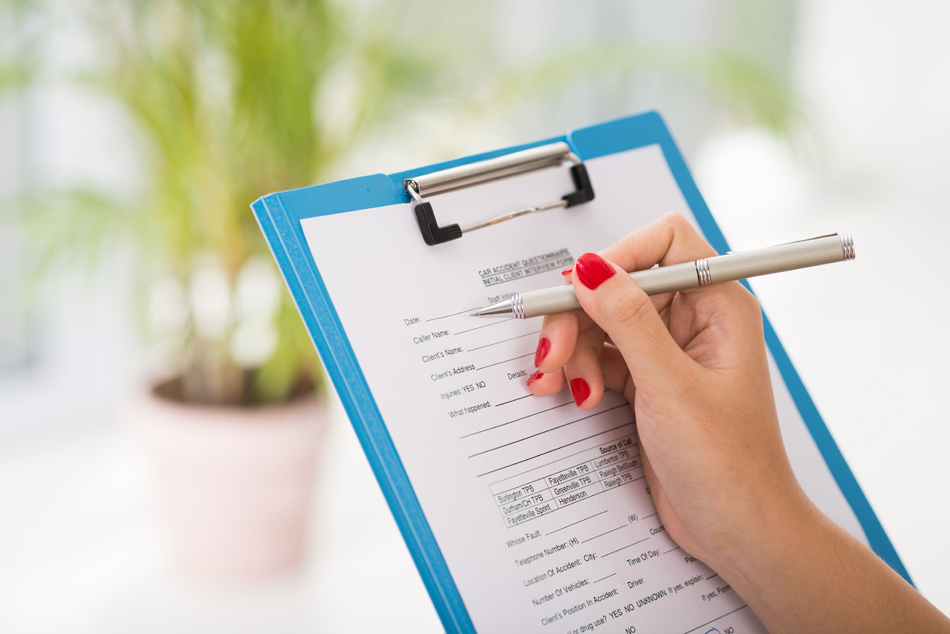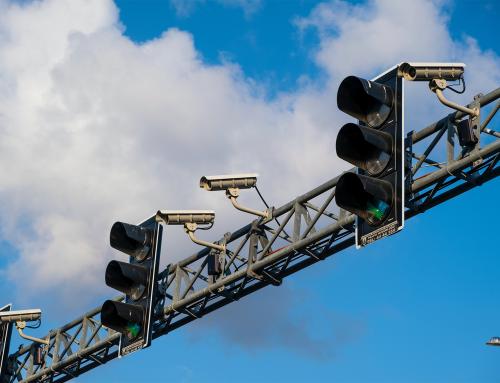 Following a car accident, the insurance company needs to investigate the claim before it can reach a settlement. Typically, a representative of the company will contact you and any other potential witnesses in order to gather more detailed information about the incident.
Following a car accident, the insurance company needs to investigate the claim before it can reach a settlement. Typically, a representative of the company will contact you and any other potential witnesses in order to gather more detailed information about the incident.
The insurance adjuster will ask questions to probe deeper into what happened and will likely ask for the following:
- Photos of the car
- A copy of the police report
- To contact the other driver
- To inspect the car for damages
- Statements from witnesses or other passengers
- A medical release form to view medical records; and
- To contact medical providers regarding medical expenses
To help move the process along and help the adjuster determine fault, it is best to be prepared with all or most of this information. Regardless, the adjuster will review the claim and determine whether or not the potential expenses exceed your coverage limits.
Medical Care and Vehicle Repair
The payout of a claim will depend on the value of both the vehicle repairs and any medical bills you may have had. Your insurance company will pay for any injuries or repairs until fault is determined, at which point your insurance company will negotiate with the other driver’s insurance company.
How are Damages Evaluated Following a Car Accident?
You may be asked to take your vehicle to an approved repair shop or a repair shop of your choice to obtain some quotes for the repairs. You may have your vehicle repaired at a shop of your choice, but you may need to pay the difference if the actual cost of repairs is higher than what your insurance company has deemed reasonable.
The adjuster will determine whether or not you have a valid claim and how much it is willing to pay out in the settlement, at which point you will need to take your vehicle to have repairs done. You will usually need to pay a deductible, and the insurance company will pay the difference.
In the case that your claim includes medical bills, the insurance adjuster will need to evaluate your medical records in order to reimburse you for any losses you may have incurred, either due to bills or time away from work. An insurance adjuster may likely push back on these types of cases, so it may be helpful to consult with a personal injury attorney to ensure you receive the fairest possible settlement.
Review and Determination of Fault
The adjuster will ask for your side of the story, so it is important that you correctly remember the events of the accident. You may also be asked for the following information:
- Policy number
- Date of the accident
- Location of the accident
- Description of the accident and how it happened
- Name and insurance information of the other party and
- Name of the police department and the police report number
After reviewing all the appropriate information, the insurance adjuster will determine fault. Fault is not always assigned zero percent or 100%. If you are 40% at fault, your insurance company may pay 40% of the settlement and the other company may pay 60%. Sometimes the entire settlement will be paid by the company of the driver who is assigned the majority of the fault.
In the meantime, avoid posting anything about your accident on social media, as the insurance companies may investigate in order to prove a fraudulent claim.
What to do in the Meantime
Personal injury cases can take months or even years to settle completely. During that time, you may be unable to work but still forced to pay for medical and living expenses. If you need financial assistance in the meantime, reach out to Capital Financing to explore your injury financing options today.







